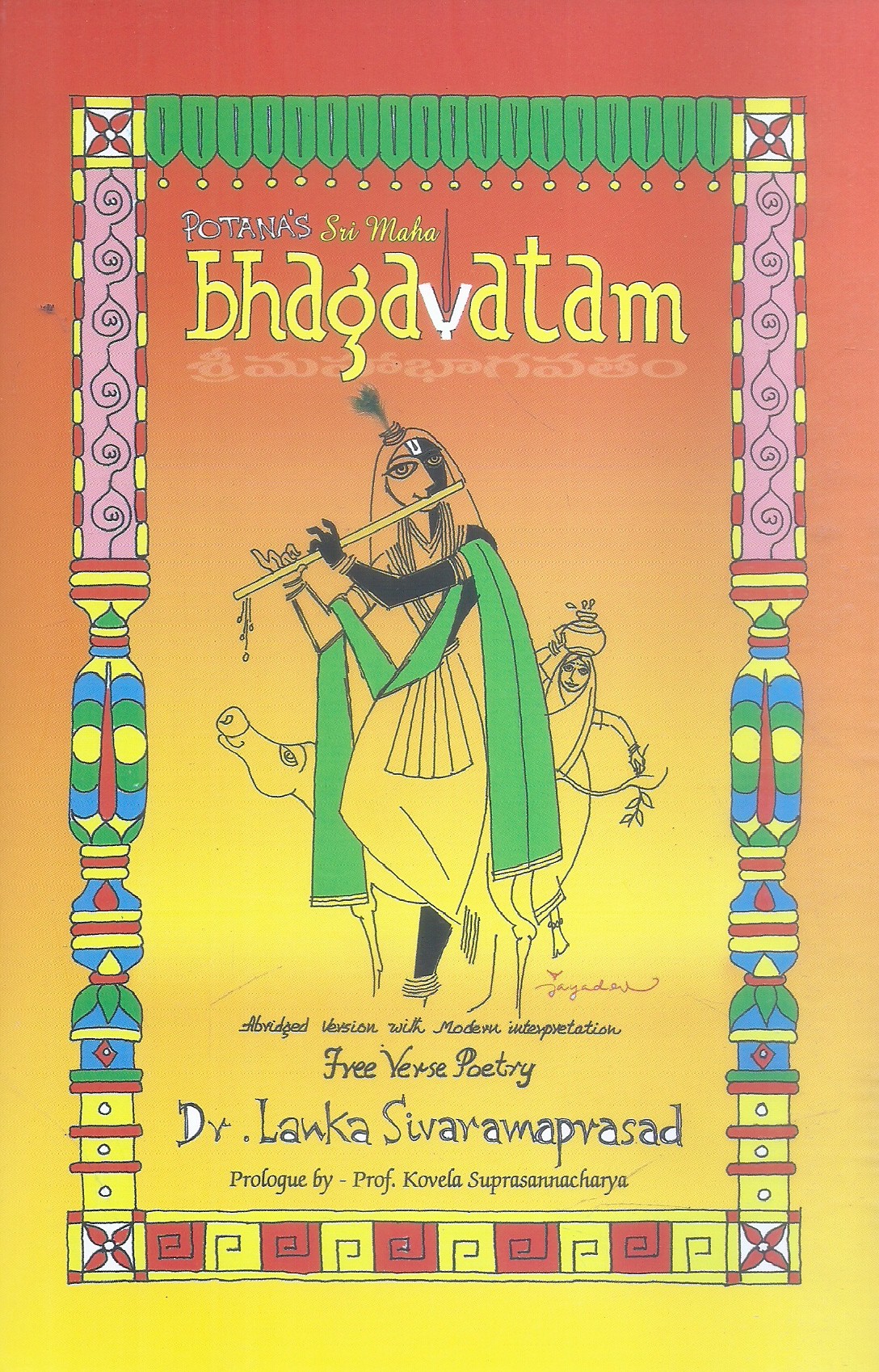Vyasa is the author as well as a character in the Hindu epic Mahabharata and considered to be the scribe of the Vedas, and the supplementary texts such as the Puranas. Hindus traditionally hold that Vyasa categorised the primordial single Veda into four. Hence he was called Veda Vyasa, or “Splitter of the Vedas,” - The word- vyasa means split, differentiate, or describe.
Vyasa was the son of Satyavati (also known as Matsyagandhi), daughter of a ferryman or fisherman, and the wandering sage Parashara. He was born on an island in the river Yamuna. The place is named after him as Vedvyas, possibly the modern-day town of Kalpi in the Jalaun district of Uttar Pradesh. He was dark-complexioned and hence may be called by the name Krishna and also the name Dwaipayana, meaning ‘islandborn'.
Vyasa was grandfather to the Kauravas and Pandavas. Both Dhritarashtra and Pandu, adopted as the sons of Vichitravirya by the royal family, were fathered by him. He had a third son, Vidura, by a servant maid.
The Bhagavata Purana also known as Srimad Bhagavatam, or Bhagavata) is one of the "Maha” Puranic texts of Hindu literature, with its primary focus on bhakti (devotion) to the incarnations of Vishnu, particularly Krishna. The Sanskrit text comprises twelve skandas (cantos or books) and some 18,000 verses. Like all Puranas, the Bhagavata is a product of oral tradition, its extant version usually dated to the ninth or tenth century CE. The text itself credits Veda Vyasa with its authorship.
The festival of Guru Purnima, is dedicated to him, and also known as Vyasa Purnima as it is the day, which is believed to be his birthday and also the day he divided the Vedas.



